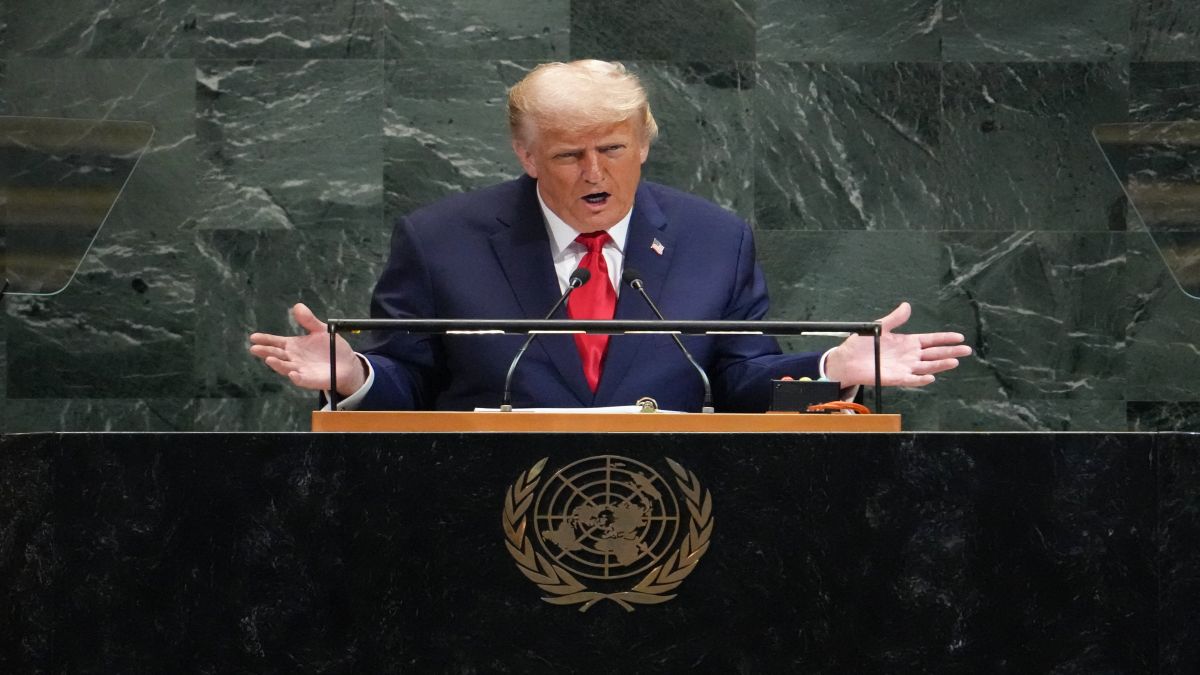The Trump administration has succeeded in pressuring several African nations to accept deported migrants, achieving what Britain’s failed Rwanda plan under Rishi Sunak could not
When the British government attempted in 2021 to convince African states to accept migrants deported from the United Kingdom, most governments firmly declined. Rwanda stood out as the sole partner, but the plan unravelled amid lawsuits and criticism. Initially conceived under Boris Johnson and then–Home Secretary Priti Patel, the scheme was later championed by Rishi Sunak, who sought to make it central to his migration policy. Despite that push, the plan ultimately collapsed.
By contrast, when the Trump administration made similar overtures to African countries this year, the outcome was strikingly different. Several governments — including Ghana, Rwanda, South Sudan, Eswatini and Uganda — entered into agreements allowing deportees from third countries to be resettled on their soil, The New York Times reported.
The contrast reveals not just differences in negotiation but also a broader shift in how African governments weigh their international partnerships. Whereas Britain struggled to overcome legal and diplomatic resistance, Washington appeared to wield more immediate leverage.
Power of pressure and incentives
The Trump administration combined pressure with inducements. Officials were said to have used the threat of new tariffs on African exports and the imposition of burdensome visa restrictions to nudge governments into compliance. According to Cameron Hudson, a Washington-based Africa expert, African governments had understood that siding with the US could bring rewards, while refusal might attract penalties.
This combination of coercion and incentive stood in sharp contrast to the UK’s approach. Britain’s proposed Rwanda deal fell victim to its own legal challenges and domestic opposition, but it also lacked the immediate bargaining tools that Washington deployed.
Ghana’s surprising turnaround
Perhaps the most striking reversal came from Ghana. Only two years ago, Ghanaian officials denied any interest in cooperating with the UK’s deportation scheme. Yet under its new administration, Accra accepted 14 migrants in September, framing the move as an act of regional solidarity. The foreign minister emphasised that no payments had been exchanged and that only West African nationals were included.
Ghana’s change of heart is linked to US policy shifts, according to experts. A recently announced pilot programme imposing hefty visa bonds on certain African countries was cited as a possible factor. Ghana, not wanting to appear on the list, may have chosen cooperation as a diplomatic safeguard.
Rwanda again in the spotlight
Rwanda, which had already partnered with London in the ill-fated British deportation plan, once more agreed to take in deportees under US arrangements. Kigali’s readiness was described as part of its broader strategy to elevate its international standing through compliance with Western security demands. The repetition of Rwanda’s role highlights how the same state can take on vastly different reputational consequences depending on which power it partners with.
Human rights concerns
Human rights groups have warned that the agreements could breach international conventions. The argument is that deportees were being sent to countries where they had no ties and where conditions could be harsh. Human Rights Watch highlighted the risks pointing out that one deportee sent to Ghana had already been returned to Gambia despite facing threats as a bisexual man.
In Eswatini, concerns deepened when reports emerged that five migrants were being detained in prison. A local lawyer claimed that authorities had restricted his access and suggested that the process bore elements of trafficking, given that the individuals had been moved without their consent.
South Sudan’s case
The case of South Sudan illustrated how punitive measures pushed governments to cooperate. Earlier this year, the Trump administration revoked visas for South Sudanese citizens in the US after Juba refused to accept deportees. Within months, the country shifted its stance and received migrants from Asia and Latin America. Many felt that the government’s decision was aimed at mending ties with Washington.
A tale of two Western powers
The divergent outcomes for London and Washington reflect a reality about power, leverage and diplomacy. Britain’s Rwanda plan — conceived by Johnson and Patel but later pressed hard by Sunak — collapsed under its own contradictions, with courts and campaigners successfully challenging its legality. The Trump administration, by contrast, found willing partners in Africa, in part because it signalled both carrots and sticks in its diplomacy.
African governments risk undermining their human rights commitments by striking such deals. Yet for leaders who are managing fragile economies and wary of punitive US measures, cooperation with Washington may appear the lesser evil.
End of Article

)

